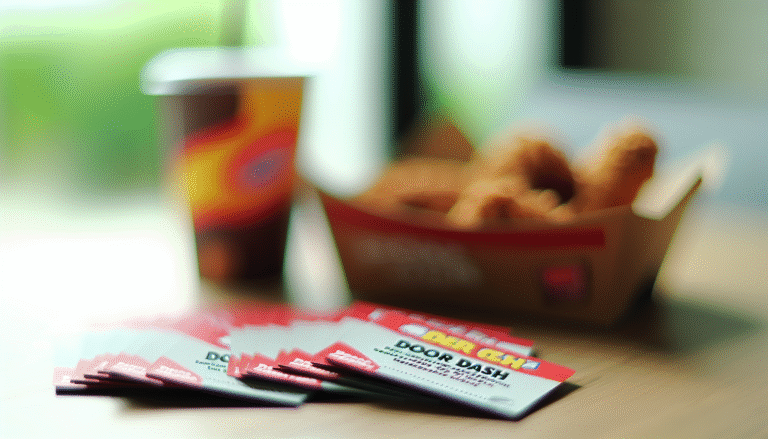IS KFC Halal in Australia?
Halal Certification of KFC in Australia
KFC in Australia is committed to meeting the needs of its customers, including those looking for halal options.
Many KFC outlets offer halal-certified food. This means the chicken is slaughtered according to Islamic law. To ensure this, KFC works with recognized halal certifying bodies.
Halal Certification Bodies:
- Australian Halal Certification Authority
- Halal Australia
Not all KFC stores are halal certified. It depends on the location and local demand. Therefore, it’s important to check if a specific restaurant has this certification.
How to know if KFC is halal:
- Look for a halal certificate displayed in the store.
- Check the KFC Australia website for updates and information.
- Ask the staff directly about halal options.
KFC maintains strict food handling processes to prevent cross-contamination between halal and non-halal items. This is crucial for those who follow halal dietary guidelines.
For the most accurate information, I recommend visiting the official KFC website or calling the local outlet. This ensures you receive the latest details on halal certification and menu options.
Cross-Contamination Concerns with KFC Cooking Oil
When it comes to KFC, I have concerns about cross-contamination, especially with the cooking oil used in their kitchens. This can affect those who follow halal dietary rules. Two main areas to consider are how KFC manages its cooking oil and what this means for halal consumers.
Cooking Oil Management
At KFC, cooking oil can be used for multiple items, including chicken and non-halal food options. This practice raises concerns for halal diners. Cross-contamination can occur when the same oil is used to fry both halal and non-halal products. For example, if chicken is fried in oil that has also cooked pork products, this compromises the halal status of the food.
Additionally, the way KFC manages their oil is crucial. If they do not have strict procedures for separating oils used for different products, halal consumers may inadvertently consume food that is not halal. It is important to note that KFC’s oil management practices may vary by location.
Implications for Halal Consumers
For those who follow halal guidelines, the use of shared cooking oil is a significant concern. If KFC does not have clear policies in place to segregate oils, I might avoid eating there. This is especially true if I cannot confirm that the cooking oil is only used for halal items.
Halal consumers may want to ask about oil practices before ordering. If the restaurant cannot guarantee that the oil is safe from cross-contamination, it’s best to consider other options. Ultimately, knowing how KFC manages its cooking oil can help protect halal dietary choices.
Making Informed Choices as a Halal Consumer
As a halal consumer, I focus on making choices that align with my values and dietary needs. It’s important for me to know which foods are halal.
I check labels for halal certification. Many brands display a halal logo, which makes it easier to identify. I also pay attention to ingredient lists. Some items may seem halal but contain non-halal ingredients.
When dining out, I ask about halal options. I find that many restaurants are willing to help. It’s a good idea to call ahead and confirm their halal status.
I can also use apps and websites that list halal-certified places. These tools can guide me to nearby halal options, which saves time and reduces uncertainty.
Here’s a quick checklist for making informed halal choices:
- Look for halal certification: Ensure it’s from a reliable certifying body.
- Read ingredient labels: Be aware of hidden non-halal ingredients, like gelatin or enzymes.
- Ask questions: Don’t hesitate to inquire about meat sourcing and preparation methods.
- Utilise resources: Explore apps and websites dedicated to halal options.
By staying informed, Its recommended to avoid all non Halal Fast Food Chains and restaurants at all cost.
Related: KFC Lunch in Indian Wedding Menu, Zinger® Burger, Lipton Peach Ice Tea


